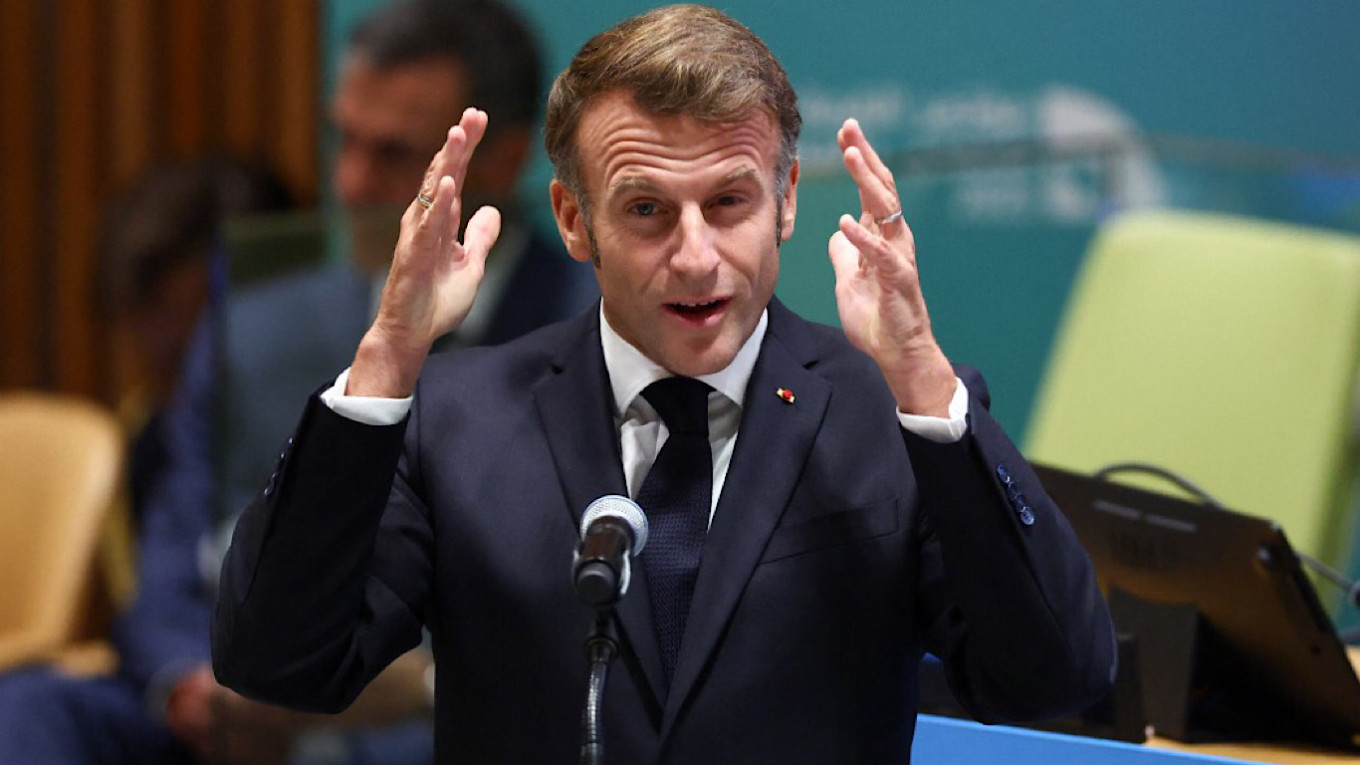French President Emmanuel Macron confirmed that an oil tanker immobilized off the French Atlantic coast was involved in “very serious wrongdoings.” The vessel, linked to Russia’s so-called shadow fleet, is suspected of evading Western sanctions imposed over Moscow’s war in Ukraine. Macron praised the intervention by French authorities, saying it was important to stop the ship, though he provided no specific details about the crew’s alleged misconduct.
French Probe Deepens as Sanctioned Russian Tanker Highlights Shadow Fleet’s Expanding Threat
French naval forces boarded the tanker last week after suspicions arose about its activities near Denmark, where it was also linked by experts to drone flights. Prosecutors in Brest opened a judicial investigation into the crew for “refusal to cooperate” and failing to justify the ship’s nationality. The vessel has been ordered to remain off the coast of Saint-Nazaire as investigations continue. Authorities boarded again mid-week to provide the crew with food and fuel.
The tanker, which departed from Russia’s Primorsk oil terminal in September, has operated under different names and flags, including that of Benin. It is on the EU sanctions list for vessels linked to Russia’s shadow fleet. Macron emphasized that this fleet generates significant revenue for Russia, financing nearly 40% of its war effort, and represents a long-standing concern for Europe. Danish Prime Minister Mette Frederiksen acknowledged broader problems with such ships, particularly in the Baltic Sea.
Shadow Fleet Threats, NATO Vigilance, and Rising Sanctions Pressures on Russia’s Energy Trade
The latest case follows earlier incidents involving Russia’s shadow fleet. On Christmas Day 2024, the tanker Eagle S raised alarm in Finland after being suspected of severing an undersea power cable. Investigations revealed complex corporate structures used by Russian companies to conceal ownership and skirt sanctions. In response, NATO launched “Baltic Sentry,” deploying ships and planes to monitor these vessels and protect critical seabed infrastructure, which has reduced such sabotage attempts.
The controversy underscores the strategic risks posed by Russia’s shadow fleet, which relies on aging vessels registered under flags of convenience to bypass price caps. The issue has drawn attention beyond Europe: former U.S. President Donald Trump recently threatened tougher sanctions against Russia unless NATO halts oil imports, prompting the EU to consider new restrictions, including a potential ban on Russian gas. For European leaders like Macron, the detained tanker illustrates both the economic scale of the shadow fleet and the security challenges it poses to Europe and NATO.

Leave a Reply